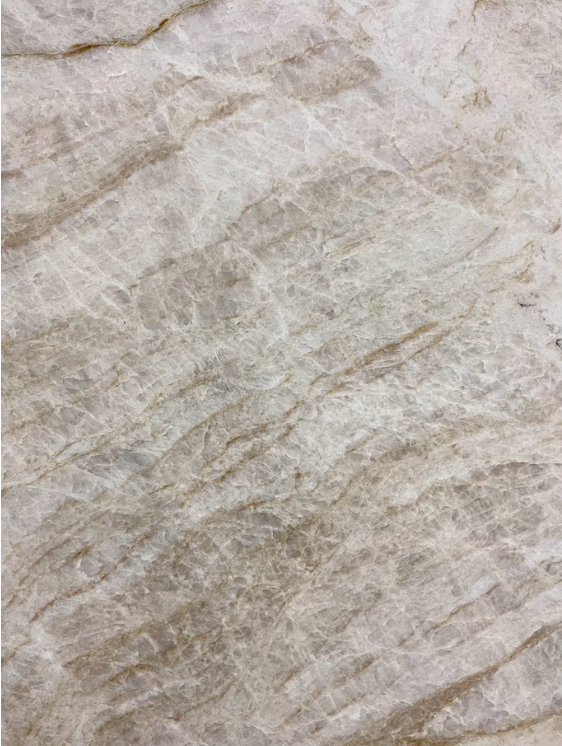Wondering how to clean quartz countertops? This is the guide for you! Get everything you need to know about quartz maintenance, here.
.jpeg)
When you upgrade your home with quartz countertops, the first thing you’ll want to learn is how to maintain them. As an investment into your home, quartz maintenance is crucial in making sure it retains its quality over the years.
Of course, being such a precious stone, there are dos and don’ts to know on how to clean quartz properly.
So, before you start spraying your favorite all-purpose spray on your new countertop, there are a few things you’ll need to know to preserve its appearance and finish. That’s why we’ve put together the ultimate guide to quartz maintenance.
Keep reading to learn how to clean quartz countertops and more.
Quartz Countertop Basics
Before we get into our cleaning tips, let’s learn more about the stone to understand why its maintenance is so important. Quartz countertops are engineered stone products, versus natural stones like marble or granite. Quartz countertops are composed of natural quartz crystals mixed with resins and pigments.
This unique blend makes quartz countertops non-porous, resistant to stains and scratches, and highly durable. Unlike natural stone countertops, quartz does not require sealing, making it a practical choice for busy kitchens and bathrooms.
How to Clean Quartz Countertops
For most chores, there’s daily wiping or cleaning, spot cleaning, and deep or preventative cleaning. Keeping up with your quartz maintenance is no different. So next, we’ll cover how to clean quartz countertops and the best practices to know for each of the cleaning types.
Keeping your quartz countertops clean daily is essential to maintaining their beauty and longevity. Here’s a step-by-step routine:
Even though quartz is highly stain-resistant, some substances can leave marks if not cleaned promptly. Here’s how to handle the most common types of stains:
In addition to daily cleaning, deep cleaning from time to time will help maintain the luster of your quartz countertops. Here are some tips and best practices for doing so successfully.
Again, even though quartz countertops are highly durable, no surface is invincible. To retain its original quality and avoid any dents or damage, here are some tips for preventative quartz maintenance.
If you strive to be environmentally friendly with your cleaning products, this section is for you. Quartz has a plethora of natural cleaning solutions that are effective for use. Here are three ways you can naturally clean your quartz countertops.:
If you don’t love the natural aroma that these cleaners have, feel free to add essential oils, like lavender or lemon, for a more pleasant scent.
What’s simpler than a do’s or don’ts list for what to do with your new quartz countertop? To educate yourself, your family, or visitors, here are the do’s and don’ts to follow to ensure your quartz countertops remain in excellent condition.
Quartz countertops are often found in the two most busy rooms of the home - bathrooms and kitchen. Which means they endure more wear and tear than usual with increased activities. Of course, there are a few types of activities you’ll want to avoid to protect your countertops from damage. Those are the following:
Quartz countertops are heat-resistant to a certain degree, but extreme heat can cause discoloration and damage. Always use hot pads under hot cookware to avoid thermal shock. In the bathroom, invest in hot tool pads for your straighteners or curling irons, too.
Certain chemicals can damage quartz countertops, so avoid using them directly on or in the area of. These include bleach, ammonia, oven cleaners, and other harsh chemicals. If a strong cleaner is necessary, ensure it is safe for quartz surfaces before using it.
Etching occurs when acidic substances come into contact with the surface. While quartz is more resistant to etching than natural stones like marble, it’s still important to wipe up acidic spills promptly to prevent any potential damage.
Moreover, if you’re just looking to maintain the natural shine of your quartz countertops, use a quartz polish or a mixture of vinegar and water. Apply a small amount to a soft cloth and buff the surface gently.
If you’ve already come across an area of concern on your piece of quartz - have no fear. Before we go, let’s cover how some of the most common quartz issues can be resolved.
With this guide, you now know the answer to “how to clean quartz countertops” and how to keep up with ongoing quartz maintenance. Next, you just have to install the perfect piece of quartz countertop in your home. At AP Marble, we offer our customers and clients over 40,000 square feet of stone in our showroom to choose from.
From granite and marble to quartzite and onyx, we have a stone for every style and every room, and with 20 years in the business provide exemplary service in helping select a slab that’s just right.
Make AP Marble your go-to source for all things stone, and follow us on Instagram and Facebook to stay in tune with all the latest. Before getting in touch with our team or visiting our showroom, check out our reviews or keep learning with our full catalog of educational resources.

Taj Mahal quartzite is a beautiful and durable material that has surged in popularity. Learn more about this natural stone and how to get Taj Mahal quartzite in Metro Detroit.

Calacatta marble makes an elegant statement anywhere its used. Learn more about this beautiful stone and how to source Calacatta marble in Metro Detroit.